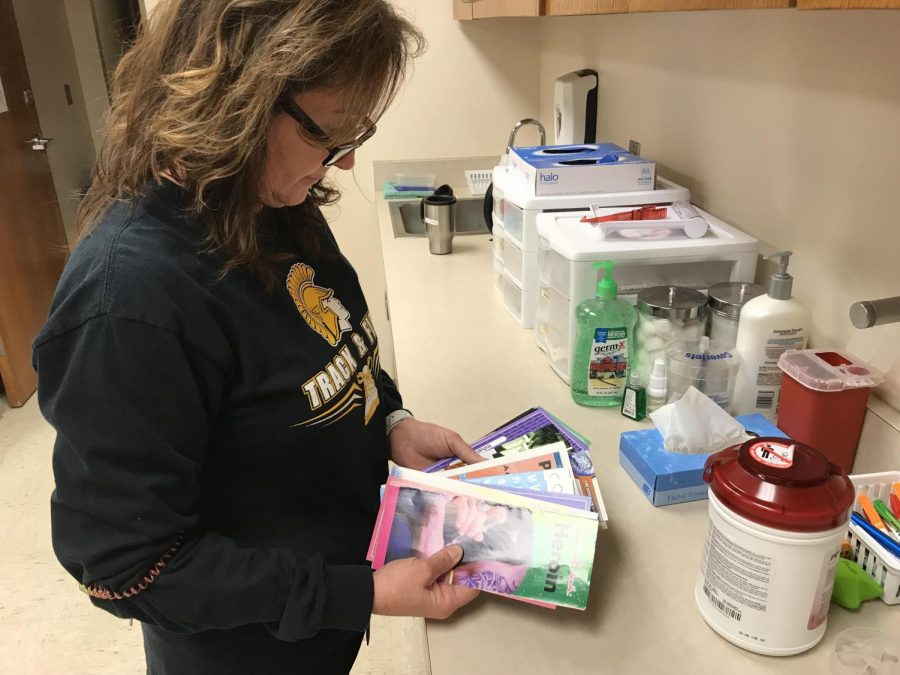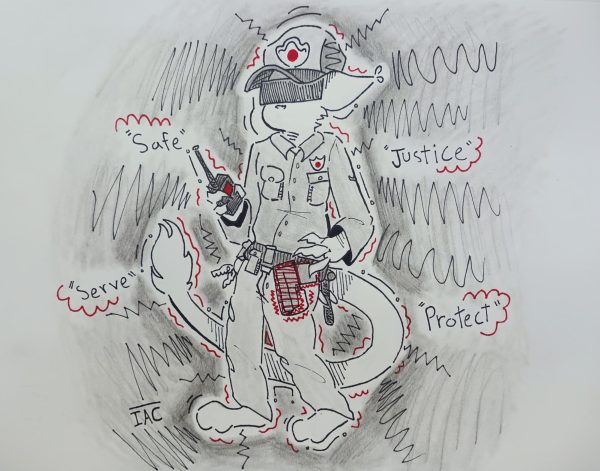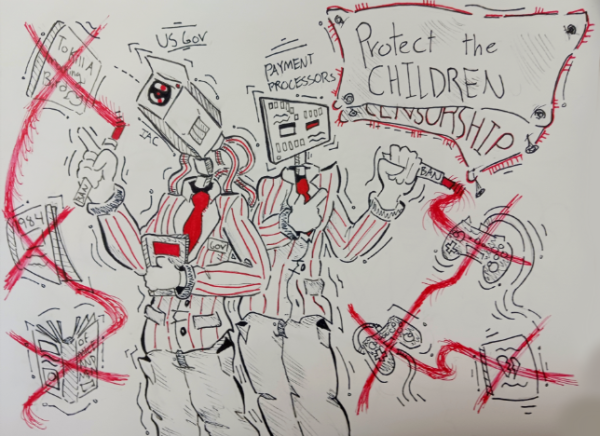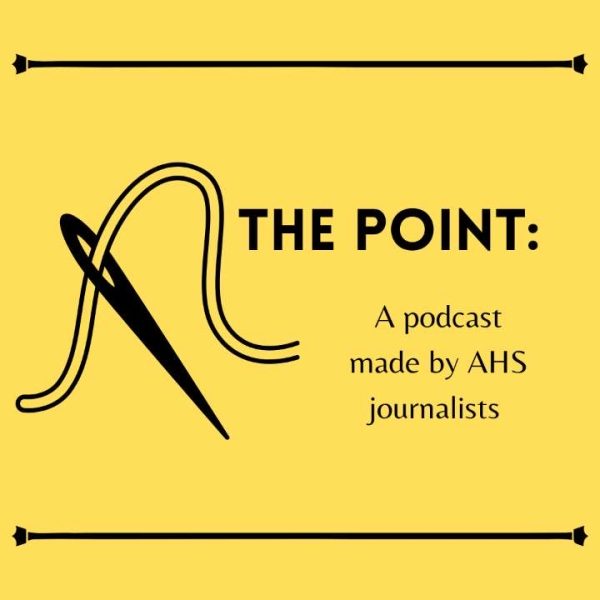Opioid Epidemic Continues in the US
Approximately 1.8 million people in the US are addicted to painkillers.
Opioids have taken over as a quick way to get high in America. There are several types of opioids, both legal and illegal. Some examples include heroin, codeine, morphine, fentanyl and oxycodone. According to the National Institute on Drug Abuse, “All opioids are chemically related and interact with opioid receptors on nerve cells in the body and brain. Opioid pain relievers are generally safe when taken for a short time and as prescribed by a doctor, but because they produce euphoria in addition to pain relief, they can be misused.”
Prescription opioids tend to be popular among school-aged children because they are a commonly prescribed drug for broken limbs or other injuries. Once the medicine is no longer needed, students continue taking the drug to feel high. Opioid overdoses have increased 109 percent in Wisconsin alone and 70 percent in the Midwest since 2016.
Atlantic High School nurse Kelly Evans said that once a person builds up a tolerance to a certain drug, they won’t feel the effects as strongly as when they first started. According to dictionary.com, tolerance is “the capacity of the body to endure or become less responsive to a substance.” Because of this, users may turn to harder drugs like cocaine and methamphetamines to obtain a stronger high.
Selling or even giving an opioid to someone that it is not prescribed for is dangerous. According to legalmatch.com, “Simple possession of oxycodone for personal use can result in serious charges if the person doesn’t have a prescription. This can lead to jail time of anywhere from 1-5 years, plus some criminal fines. The terms depend on jurisdiction and state laws.” Intent to Sell is a much harder charge, including felony charges punishable by 5-10 years in prison and, depending on the amount possessed, fines from $250,000 to several million.
Opioids are very harsh drugs and it can be difficult to get out of a state of addiction once a person has fallen into it. If you or someone you know is struggling with an opioid addiction, call 1-877-885-2893.

Atlantic High School senior Alex Harper is an editor for the Eye of the Needle. He works on creating videos with junior Kolby Parrott for the “Trojan...

Katie Schmitt is a journalism production student but won't be around for any further classes because she is a senior. Schmitt wants to go to Iowa Western...









